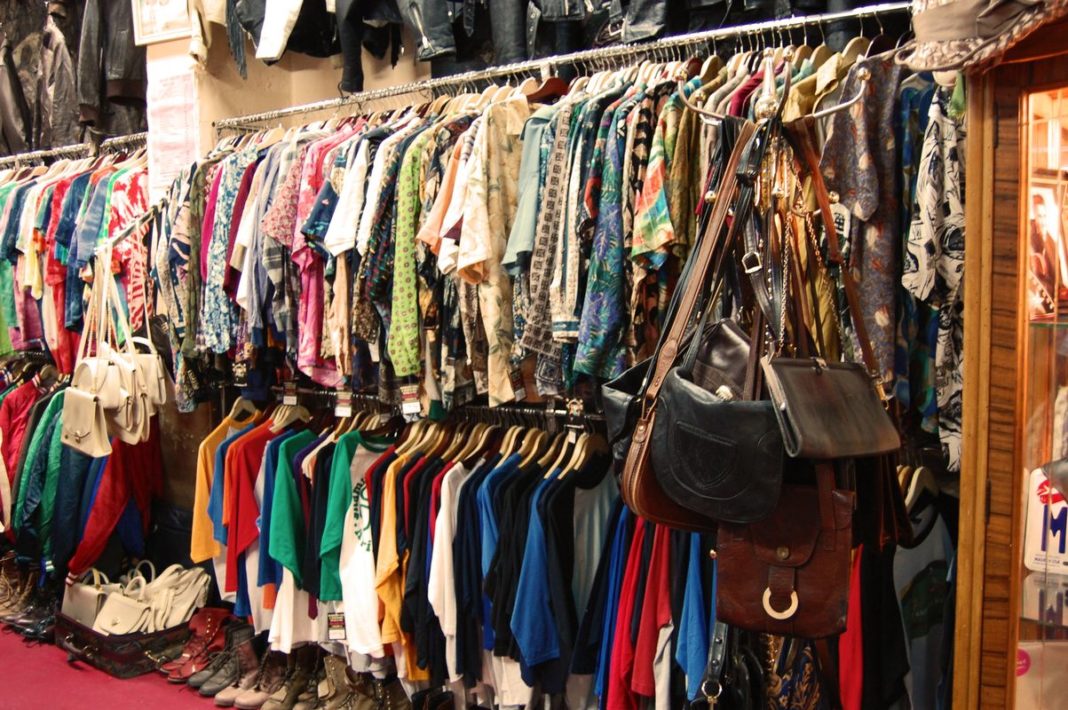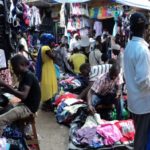Members of the Secondary Materials and Recycled Textiles Association (SMART) in the US are rejoicing after they were told that a proposed ban on secondhand clothing (Mivumba) imports from the U.S. by Uganda and other four members of the East African Community (EAC) will not be implemented as originally planned.
Uganda, Tanzania, Uganda and Burundi have now officially announced their decision to roll back the ban. Kenya announced their decision to back off from the ban in 2017, following protests from SMART. The decision by the EAC states means the Americans will continue to earn dollars from the region, a big percentage of the population depends on secondhand clothing.
SMART, trade associations, acts on behalf of its numerous small and medium-sized member companies who use, convert and recycle pre-and post-consumer textiles, including used clothing.
In March 2017, SMART filed a petition and delivered testimony during a related hearing asking the U.S. government to conduct an out-of-cycle review of the African Growth and Opportunity Act (AGOA) beneficiary status of Kenya, Tanzania, Rwanda and Uganda and request the suspension of duty-free status for all currently eligible apparel imports from the EAC countries.
The countries at the time argued that they would do so as a measure to boost their own local industries that would later on create jobs for the fast-growing population, especially the youth who are the majority. Uganda would do so via her Buy Uganda Build Uganda (BUBU) Policy which encourages Ugandans to consume locally-made products.
The decision forced SMART to file a petition to the US government. The U.S. government officials are said to have worked hard behind-the-scenes to convince the EAC countries to drop off the proposed ban, paving the way for the secondhand textiles industry worldwide.
The proposed ban sparked international controversy regarding the textile industry’s role in Africa, as no ban or increased duties were slated to occur on imports from China, the region’s largest source of clothing imports. Whereas EAC heads of state were initially concerned U.S. secondhand textiles would disrupt their countries’ own textile industries, SMART representatives argued new and secondhand apparel industries coexist independently in numerous developed and developing countries, including the United States’ own thrift store and new retail establishments.
The decision not to effect the ban means more than 190,000 jobs within the United States alone being preserved, as the total exports to the EAC represents roughly 22 percent of the U.S. industry’s total exports. The EAC members have announced they will focus on other measures to develop their textile and apparel industry.
Meanwhile, The U.S. government has suspended duty-free treatment for all AGOA-eligible apparel products from Rwanda in 60 days, a decision welcomed by SMART representatives, who lauded President Donald Trump to suspend the benefits, instead of termination of Rwanda’s status as an AGOA beneficiary. They said this would allow for continued engagement with the aim of restoring market access and thereby bringing Rwanda into compliance with the AGOA eligibility requirements.
US dealers cheer as Uganda backtracks on ‘Mivumba’ ban







